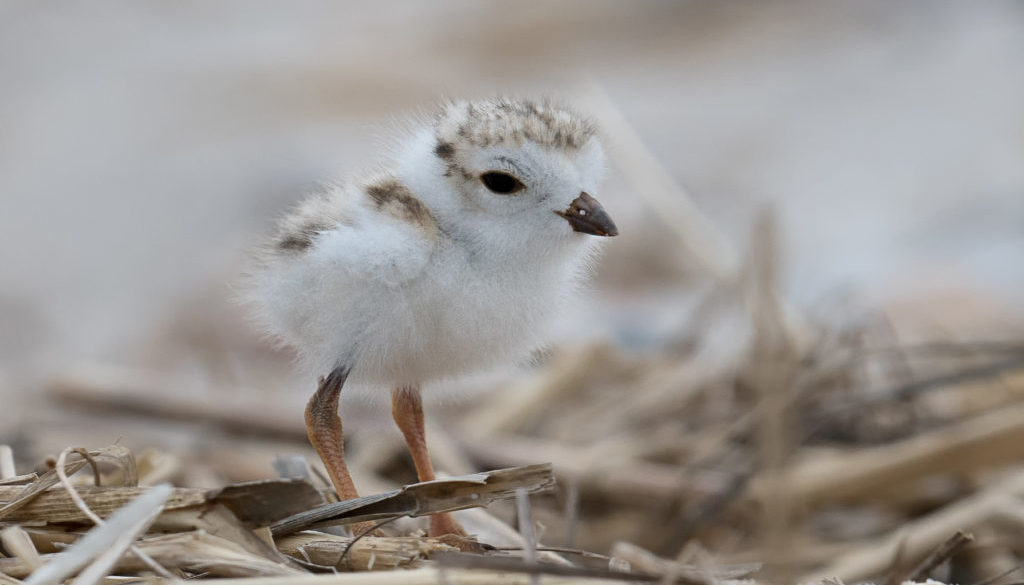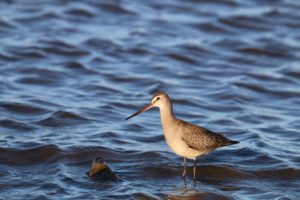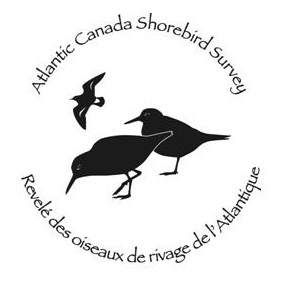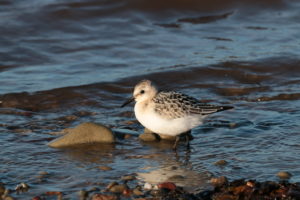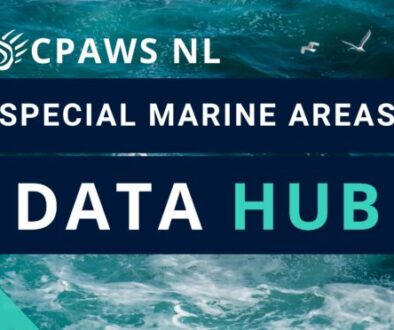Shorebird Survey
The Newfoundland and Labrador Shorebird Survey (A chapter of the Atlantic Canada Shorebird Survey (ACSS)) is an important initiative designed to evaluate the use of coastlines by migrating shorebirds, document areas of significant concentrations and identify habitats important to various species.

SHOREBIRDS
Shorebirds are small to medium sized birds with slender, probing bills and long legs. They are associated with water, but feed on open ground mostly by wading in or along the edge of shallow water using their bills to probe in mud or sand or to pluck food from the ground (Gill 1994). Shorebirds are a diverse group of birds that include Plovers, Sandpipers, Phalaropes, Snipe, Curlews, Godwits and Turnstones.
THREATS TO SHOREBIRDS
Worldwide there are events that threaten the existence of shorebirds. Just a few examples
include:
• Loss of habitat due to urban expansion and changes in land use. Ocean front development has become a major issue in coastal communities leading to the degradation of coastal habitats.
• Global climate change due to increase of carbon dioxide and other greenhouse gases into the atmosphere is predicted to affect the distribution of most species, as well as their associated habitats. It is thought that coastal areas will experience higher frequency of storms and the interior may see an increase in natural fire cycles. Sea level rise may destroy vital staging habitat to migratory shorebirds (Galbraith et al., 2000; Galbraith 2001).
• Increased disturbance in shorebird habitat.
• Pollution; oil spills etc.

